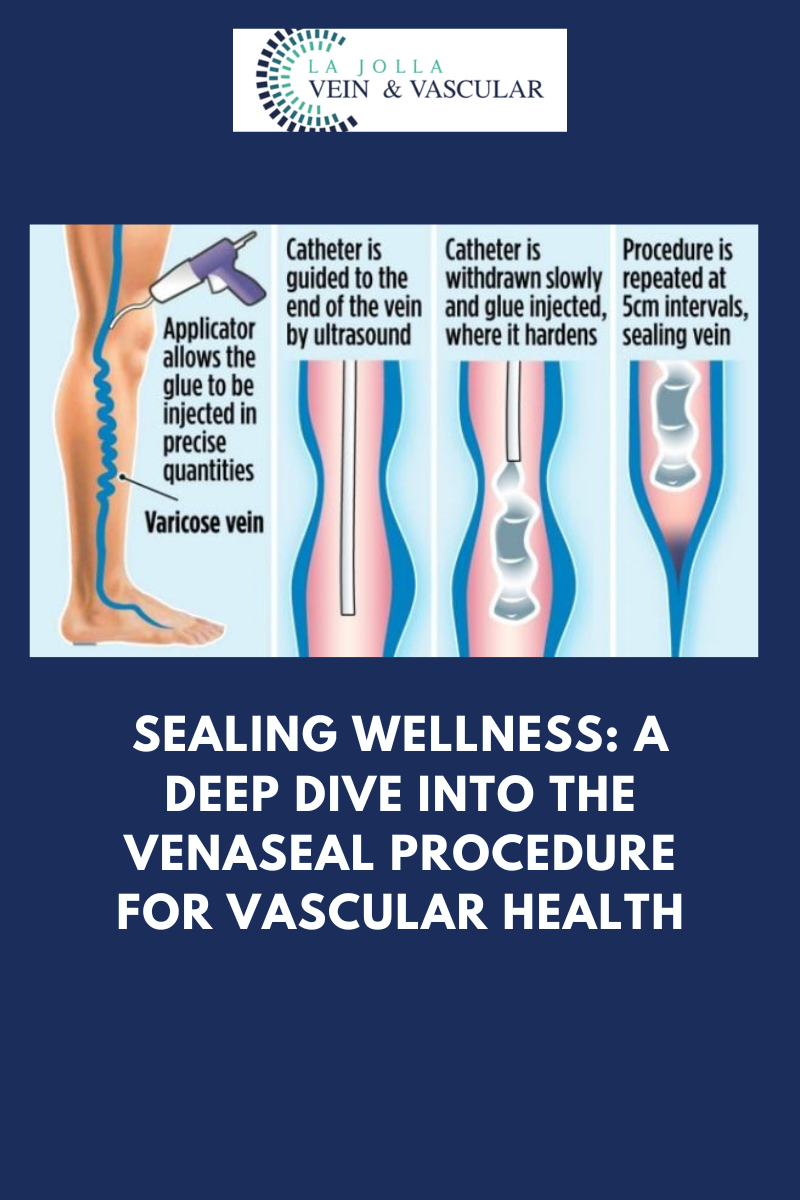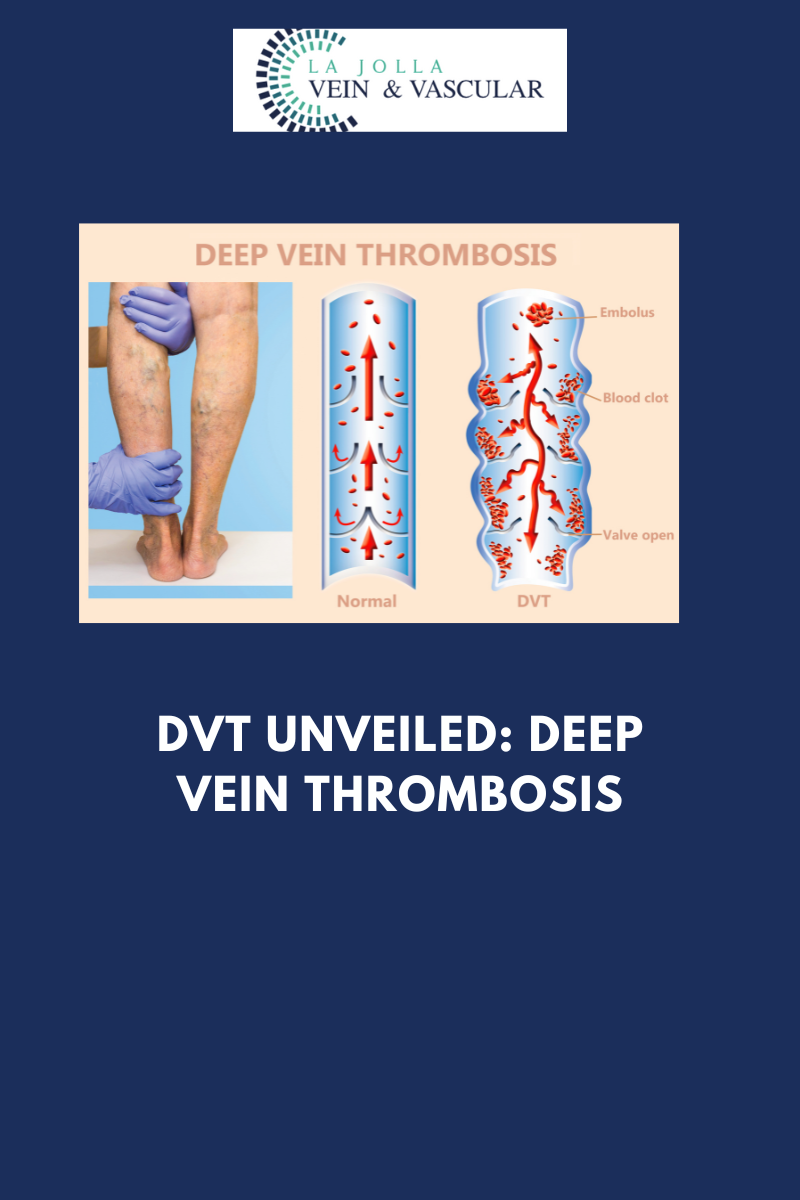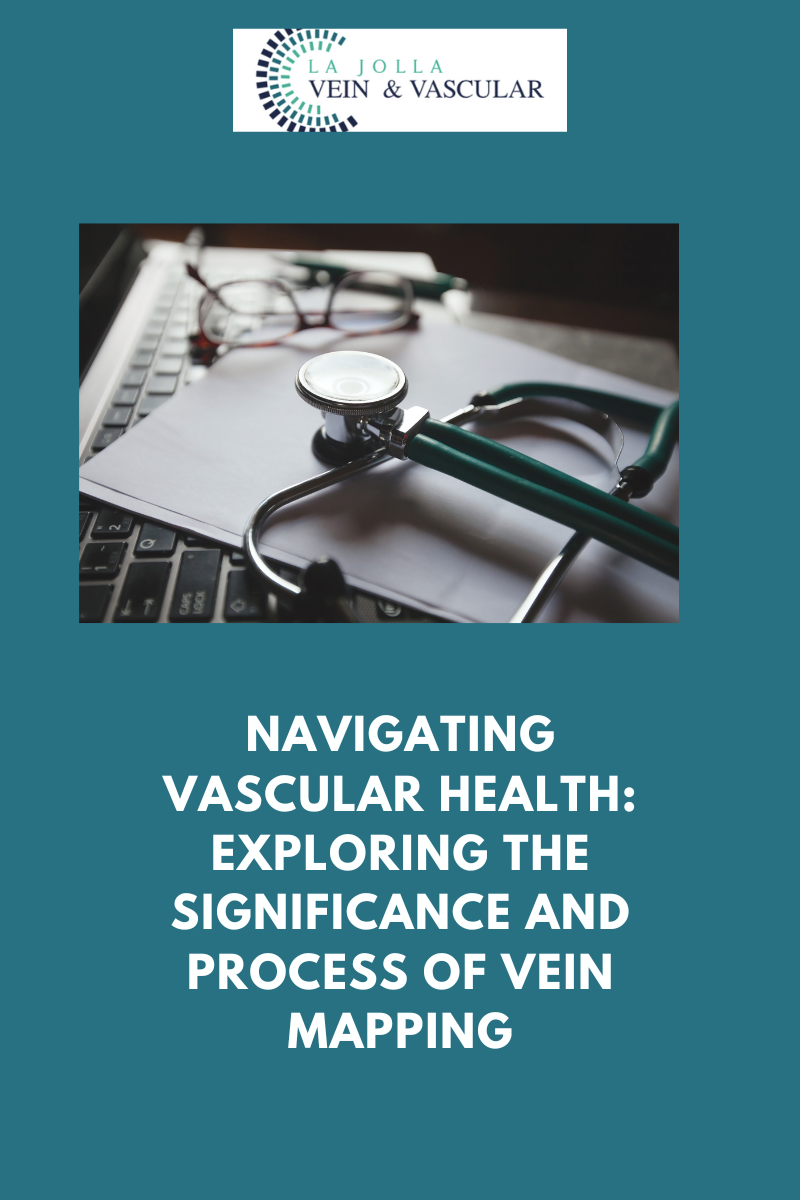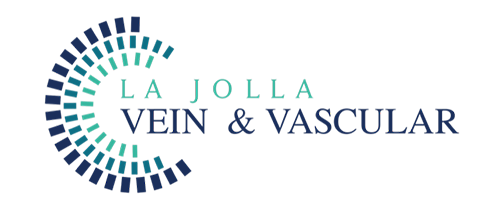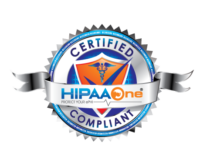Understanding Venous Insufficiency
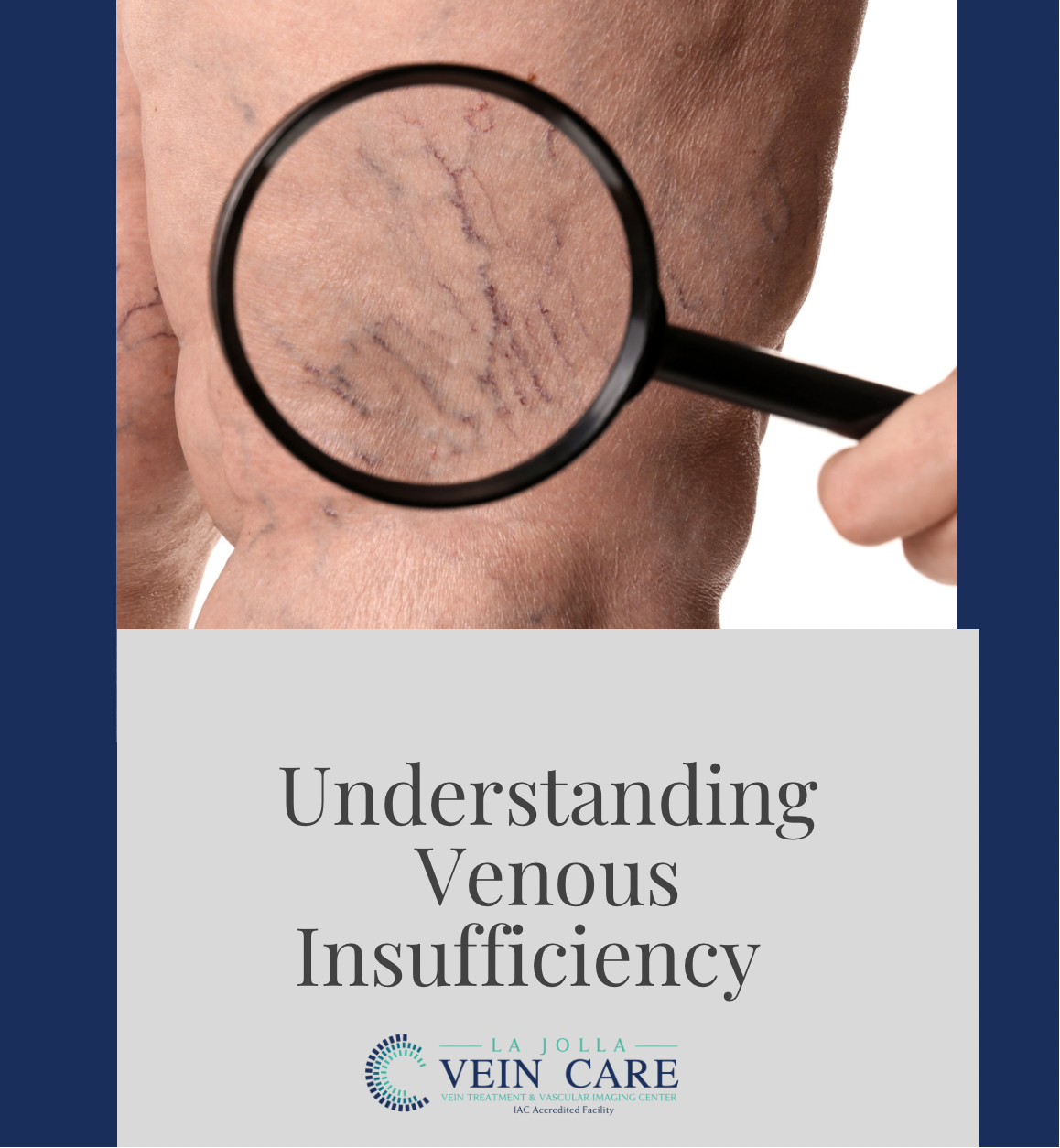
When you become a patient with La Jolla Vein Care, you will go through a screening process, and a vascular evaluation using ultrasound technology to diagnose your venous reflux disease. Chronic venous insufficiency is a disease affecting at least 50 million Americans. It is very common, but unfortunately undiagnosed. Through our venous insufficiency Duplex Ultrasound test, our vein specialists can determine exactly what is going on in the patient’s veins.
The anatomy and process of venous insufficiency or venous reflux disease:
One of the major veins that takes the blood to the heart is deep inside the muscles of the thigh and calf called the deep veins. Parallel to this lies the superficial veins inside the legs. Superficial veins dump the blood into the deep vein in the groin area and collectively they take the blood back to the heart.
The direction of the blood flow begins from the ground up towards the heart. Both deep and superficial have a structure system known as the valves. They function as a safety unit directional valve system. Where the blood can flow upward and not downward and be open or closed off. Similarly the same type of structure is found in your heart with heart valves.
Over the course of the years, depending on your occupation, family history, pregnancy, surgeries, any trauma or injury to your legs, and any kind of underlying muscular or skeletal problem will contribute to problems with the valves in your legs. The valves, over the course of the years may get farther apart from one another. They will still be able to open and close, but the main problem will be the blood flow will not be able to go in one direction. This causes the veins to become enlarged. As a result, the valves remain open and the blood to flow upward and also downward. This is known as venous reflux disease or venous insufficiency.
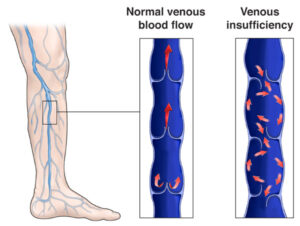
A consultation with one of our vein specialists for chronic venous insufficiency involves taking a detailed history and physical examination in combination with a venous reflux ultrasound study. Based on your personal findings, a customized treatment plan will be discussed which may include doing nothing, conservative management, or various treatment options based on your individual needs.
For any more questions about venous disease and the process of diagnosis and treatment, please call us at (858)-550-0330.

